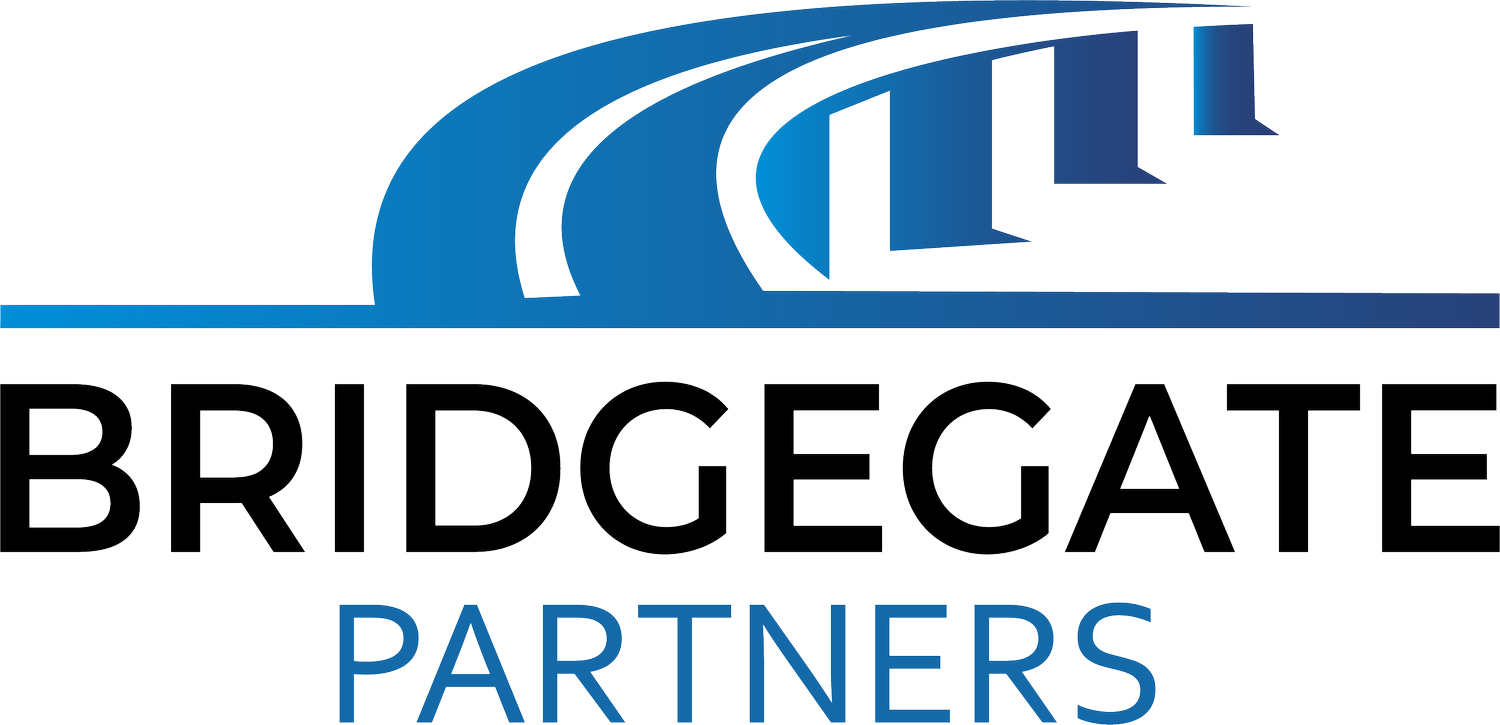The “Voice” Was Wrong About How to Find Buyers When You’re Ready to Sell Your Business
In the legendary movie “Field of Dreams” the “Voice” told Ray Kinsella (Kevin Costner), “If you build it, they will come.”
It worked out for Ray in the movie, but when it comes to finding buyers for your practice, this is bad advice.
Just because you built a small business, it’s un-likely a buyer will magically appear from the corn field (movie reference again) and offer to buy it. You’re going to have to find a buyer. There are two ways to find a buyer for your business or practice:
1. List your business with a business broker or business directory
2. Find a buyer yourself.
If you use a business broker, there are several pros and cons. Among the pros:
• Expertise and Experience
• Extensive Network and Access to Buyers
• Confidentiality
• Negotiation and Deal Structuring Support
The negatives of using a business broker include:
• Cost (5% to 12% or more)
• Loss of Control
• Compatibility and Communication
• Potential Conflicts of Interest
Business directories are online versions of the yellow pages. Sites dedicated to buying and selling businesses list ads that potential buyers can search. Here are some pros and cons of using an online service to sell your business or practice. On the plus side:
• Wider Reach
• Cost-Effectiveness
• Time Efficiency
• Convenience
• Increased Competition
• Access to Qualified Buyers
The negatives of selling a business online include:
• Limited Personal Interaction
• Security Concerns
• Learning Curve
• Reliance on Technology
• Compliance Issues
When I sold my practice in 2022, the negatives of using a broker or an on-line directory far outweighed the potential benefits. I decided to find a buyer myself.
Using a DIY approach to selling your business also has pros and cons. The positives:
• Cost Savings: By opting to sell your business without a broker, you're steering clear of hefty commission fees.
• Direct Control: Take the reins and enjoy direct control over the entire selling process. With no intermediary, decisions are in your hands, allowing you to shape the sale according to your preferences.
• Faster Decision-Making: Cut through the red tape. Without a broker, you have the freedom to negotiate directly with potential buyers, potentially speeding up the decision-making process.
• Confidentiality Control: Concerned about confidentiality? Selling on your own gives you greater control over who has access to sensitive business information.
• Personalized Approach: Your business is unique, and who knows its value better than you? Selling without a broker allows for a more personalized marketing approach, as you communicate directly with potential buyers.
Cons:
• Limited Network: Without a broker's extensive network, you may miss potential buyers actively seeking opportunities in the market.
• Complex Process: Selling a business involves navigating legal, financial, and contractual complexities. Without a broker, you may find yourself delving into unfamiliar territory.
• Time-Consuming: Managing the sale process can be time-consuming, particularly if you're not well-versed in the steps involved.
• Emotional Attachment: Emotions can cloud judgment. If you have a strong emotional attachment to your business, negotiating directly with a buyer may pose challenges.
• Negotiation Challenges: Direct negotiations with buyers can be tricky, especially if you lack experience.
In the end, the decision on how to go about selling your business or practice boils down to your comfort level with the process, your negotiation skills, and your willingness to invest time and effort independently.
Whether you decide to follow a DIY approach or use a broker, you’ll need resources like a tax accountant, financial advisor, and an independent coach. If you’re starting to think about selling your practice or business, start now to line up your resources.
To this end, please contact me to schedule a complimentary Get Acquainted session. We’ll cover your goals and expectations and determine the best approach to selling your practice or business.
